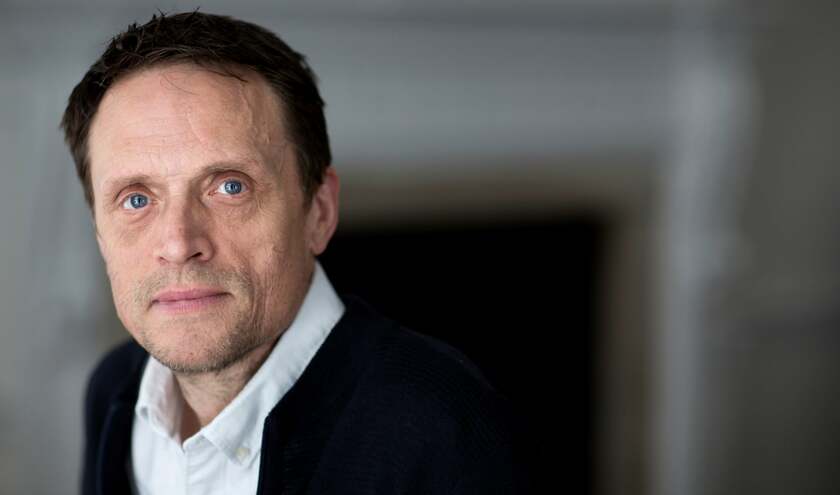The last couple of weeks, have provided me an opportunity to speak with the secretary of state and his advisors. These are the main points I made.
The NHS has responded well to the high expectations from the centre. Health service leaders have agreed ambitious activity and finance targets and demonstrated genuine improvement in productivity and performance.
However, pressure and dissatisfaction are growing. Many, if not most, trusts have very stretching, hockey stick-shaped, cost improvement programmes. This means the rate of saving required in the last two quarters of the year is eye watering as leaders try to get on track with Cost Improvement Programme targets of 6-7% or more, all this as we move into the busiest and riskiest time of year.
We are getting to the point when, in previous years, two things have often happened. First, it is revealed that some trusts are going to have to choose between activity and financial targets; at which point many others admit they are in the same boat. Second, NHSE or the DHSC find emergency winter funding to paper over some of the cracks.
But the tough line taken by NHSE chief executive Sir Jim Mackey in his recent letter to service leaders and the chancellor's fiscal straitjacket seem to rule out either a softer line on failure or last-minute bail outs this time round.
It feels like something has to give. World weary observers wonder whether more industrial action or multiple outbreaks of winter viruses this year might be used as an excuse for lowering of expectations without losing face.
The unremitting pressure isn't helped by a growing sense of injustice. Too often it feels like leaders in the field face condemnation and punishment if they fail to meet very tough targets imposed on them, while the centre acts with impunity as it once again misses a target it set for itself. Everyone knows about the ongoing debacle of ICB reorganisation, but many other central plans have also gone awry.
Given the focus among parts of the media and opposition on alleged waste, and the danger that the Labour Government is seen as being soft on the public sector, the critical and sometimes punitive tone adopted by the secretary of state towards NHS managers and leaders may be understandable, but it needs now to change.
Wes Streeting is rightly seen as the Government's best communicator. He should use those skills to engage with the public and stakeholders on issues which can help the service in these difficult times.
For example, he could do even more to emphasise the vital importance of everyone - including NHS staff - taking up vaccinations.
Another example might be to make a talking point of the need to reduce the number of frail elderly people admitted to hospital this winter.
The secretary of state could, for example, organise a high-profile summit of NHS leaders, clinicians, older people's and other charities.
In the face of media scepticism and social media conspiracies, engaging with the public and asking them to do more to help is not easy.
But Wes Streeting is one of the few in the Cabinet who has the skills and credibility to do it well. For the service, seeing their ultimate boss going out of his way to concretely help them and facilitate challenging conversations with their own staff and public could help quieten silence the rumours of cynicism that are starting to break through.
I also understand the Prime Minister and Number 10 are becoming more interested in the theme of public contribution and responsibility as part the Government's story of national renewal.
What better way to test this approach than to ask the public to help its favourite institution get through winter and continue to improve?



